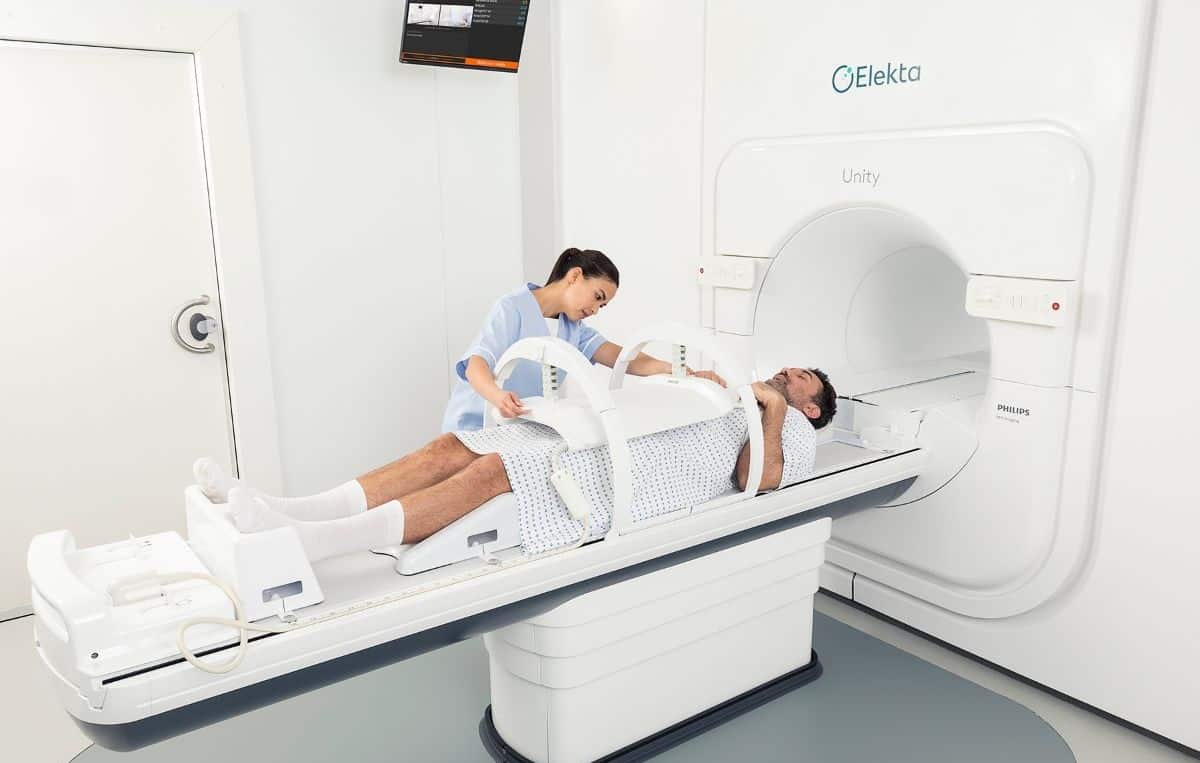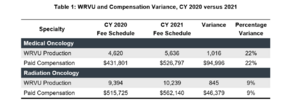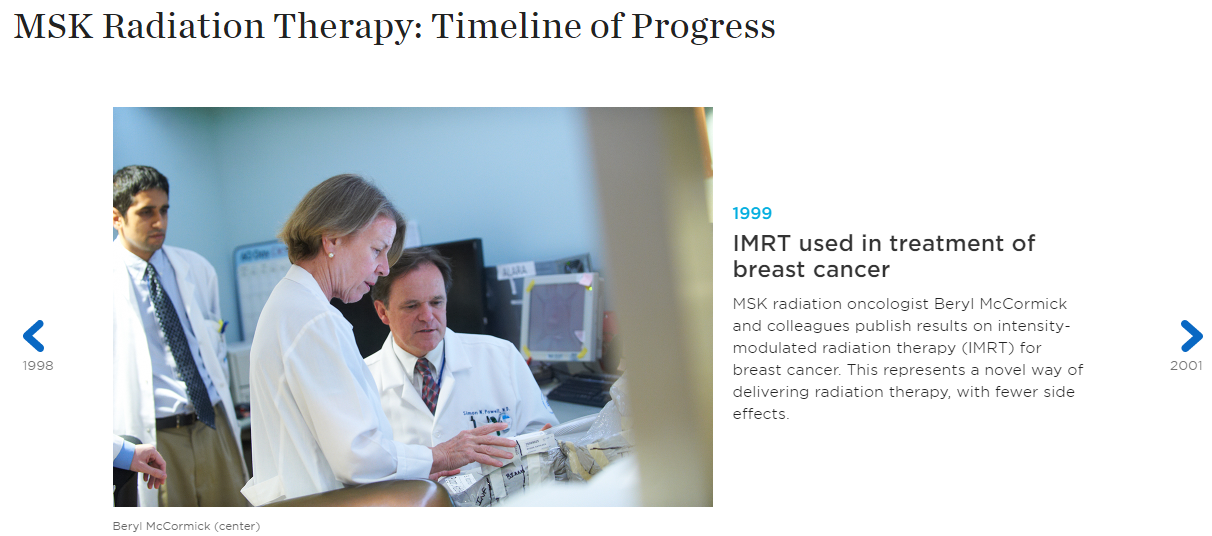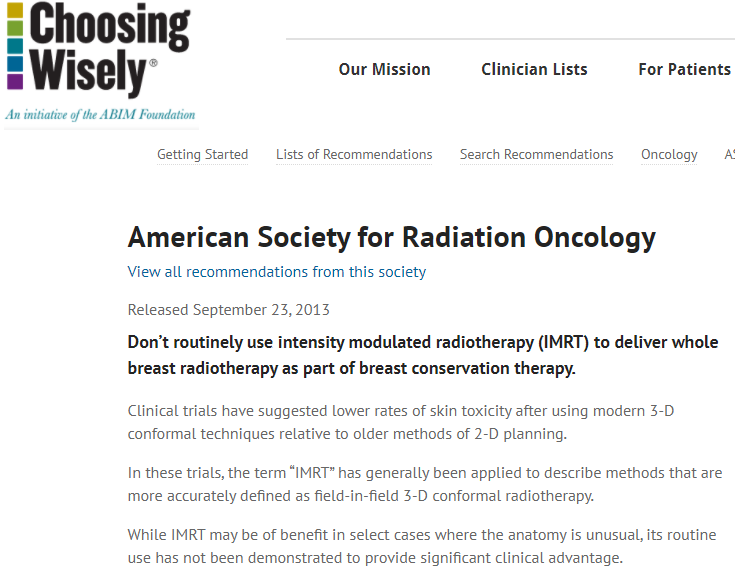- Joined
- Nov 2, 2019
- Messages
- 3,488
- Reaction score
- 14,443
TTF?
You are comparing Flash radiotherapy with TTF?
Did you know they were invented 30 meters away btw?
It's sad to see how depressing the mood became. I have some impressions it could change soon, at least for our patients...
I am 100% comparing it to TTF - how could you not? I am actually pro-TTF so I don't mean it in a derogatory sense, just more in a "cautiously optimistic" sense, emphasis on caution.
I don't see this as depressing - I see this as measured. I have been involved with bench-based research for almost two decades now, and have become excited over countless advances - especially my own. I remain excited, but am unsure about how many of them will ever find use in my lifetime. The patients are who I am most worried about when these things get too much hype. Maybe a third of my GBM patients ask me about the re-engineered polio virus from Duke because they saw it on 60 Minutes, 5 years ago. I had countless people text or email me a year or two ago when that weird "new cure for cancer" story from Israel exploded on Facebook. A patient last week asked me if I could apply an AI algorithm to her post-treatment PET scan to tell if the radiation worked. When people's lives depend on us, it hurts to stomp their spirit because they don't have the education or training to differentiate data from hype.
Not messin' around Jim, we like FLASH here. I think it's going to work. But as I understand it today, its approach will actually lessen the "intellectual rigor" and effort of RT. No (or little) inverse optimization, OARs, etc. And it'll make treatment courses smaller, thus there'll be workforce ramifications. (Always are.) Machine prices may go up, but will CMS pay more for FLASH which they will see as shortened RT courses with less side effects and less physician effort being expended? If FLASH is kind of like a standard dosing recipe, what does that mean for rad onc residencies? So you gotta look at it both ways. GREAT, possibly, for patients; but perhaps/probably bad for a way oversupplied workforce. A fons et origo for improvement or worsening; TBD. The good 'ol 2-sided p-value at work.
Totally agree...a Stranger Things reference? It must be the weekend here on SDN.





